
Kick Scooter vs Electric Scooter: Which Is Better for You?
When it comes to modern urban mobility, the debate between a kick scooter vs electric scooter is more relevant than ever. Both offer convenient, eco-friendly ways to navigate city streets — but they serve very different purposes. Whether you’re a daily commuter, a fitness enthusiast, or a parent choosing a scooter for your child, understanding the key differences between kick scooters and electric scooters is essential for making the right choice.
In this guide, we’ll take a closer look at how these two types of scooters compare in terms of design, performance, cost, maintenance, and everyday usability. By the end, you’ll know exactly which scooter — kick or electric — best fits your lifestyle, budget, and travel needs.
What Is a Kick Scooter?
A kick scooter is a simple, two-wheeled vehicle that first appeared in the early 20th century. It’s powered manually by pushing one foot against the ground, making it a practical option for short trips and everyday mobility. Most kick scooters have a light frame made of metal, wood, or plastic, a deck to stand on, and handlebars for steering.
Without a motor or battery, the kick scooter is easy to maintain and ideal for riders who prefer a straightforward, human-powered mode of transport.
What Is an Electric Scooter?
An electric scooter is the modern evolution of the kick scooter — faster, smarter, and far more convenient. Powered by a rechargeable electric motor, it delivers smooth acceleration and effortless rides, making it perfect for daily commutes and eco-friendly urban travel.
With larger wheels, a sturdy frame, and a durable platform, electric scooters provide excellent stability and comfort even on uneven roads. They’re designed to cover long distances with ease, all while producing zero emissions and requiring minimal maintenance.
Kick Scooter vs Electric Scooter: Head-to-Head Comparison
Choosing between a kick scooter and an electric scooter depends on your needs, lifestyle, and riding goals. While kick scooters remain simple, lightweight, and fun, electric scooters have transformed personal mobility with their superior speed, comfort, and technology.
|
Feature |
Kick Scooter |
Electric Scooter |
|
Power Source |
Manual (human-powered) |
Battery-powered motor (250–1000W) |
|
Top Speed |
8–12 km/h |
25–65 km/h depending on model |
|
Range |
Limited by user stamina |
15–60+ km per charge |
|
Wheels & Suspension |
Small, hard rubber/plastic; no suspension |
Large pneumatic tires; often dual suspension |
|
Frame & Build |
Lightweight aluminum or plastic |
Reinforced aluminum/steel for added durability |
|
Comfort |
Basic design, minimal shock absorption |
Ergonomic deck, cushioned ride, optional seat |
|
Terrain Capability |
Flat and smooth surfaces only |
Handles uneven terrain and inclines (10–30%) |
|
Braking System |
Foot or friction brakes |
Electronic, regenerative, or disc brakes |
|
Portability |
Extremely lightweight (5–8 kg) |
Foldable, moderate weight (12–25 kg) |
|
Maintenance |
Very low |
Regular battery, brake, and tire checks |
|
Ideal Users |
Kids, teens, recreational riders |
Teens, adults, commuters |
|
Eco-Friendliness |
Zero emissions, manual effort |
Zero direct emissions, rechargeable battery |
|
Average Price |
£25 – £120 |
£350 – £1,600+ |
1. Technical Differences: Design, Wheels & Frame
Kick Scooter:
Kick scooters feature small, solid wheels that are ideal for smooth pavements but can be uncomfortable on rough terrain. Their frames are lightweight and often made from simple aluminum or plastic, prioritizing portability and ease of handling. This makes them great for kids, short trips, and recreational use.
Electric Scooter:
Electric scooters are designed for stability and durability. They come with larger pneumatic wheels and often include front or rear suspension systems that absorb shocks on uneven surfaces. The frame is reinforced with aluminum or steel to support the motor, battery, and higher weight capacities, making them perfect for adult commuters and long-distance urban travel.
2. Performance: Speed, Range & Comfort
Kick Scooter:
Kick scooters rely entirely on human power, which limits their top speed to around 10 km/h. While they provide light exercise, the range and endurance are restricted to the rider’s stamina. Comfort is basic, with narrow decks and no suspension, making long rides less enjoyable.
Electric Scooter:
Electric scooters outperform kick scooters in speed, range, and comfort. Entry-level models can reach 25 km/h, while premium models hit speeds up to 65 km/h and cover 60+ km per charge. Wider decks, adjustable handlebars, and shock-absorbing tires ensure a smooth, fatigue-free ride. Some models even include cruise control, ride modes, and optional seats for added convenience.
3. Practical Considerations: Portability, Cost & Maintenance
Kick Scooter:
Kick scooters are extremely lightweight (5–8 kg) and easy to carry or store, making them ideal for quick trips or shared storage spaces. They are highly affordable, typically priced under £100, and require minimal maintenance.
Electric Scooter:
Modern electric scooters remain compact and foldable, though they are heavier (12–25 kg). While upfront costs are higher (£350–£1,600+), they offer excellent long-term value. With minimal charging costs (often under £0.05 per charge) and low maintenance requirements, electric scooters are a cost-effective and sustainable commuting solution.
4. Target Audience & Ideal Uses
Kick Scooter:
Kick scooters are best suited for children, teenagers, or casual riders seeking short rides, fun, or light exercise. Their simple design makes them safe and easy to control.
Electric Scooter:
Electric scooters cater to adults, commuters, and professionals looking for efficient, eco-friendly transportation. They are perfect for daily commuting, errands, and city travel, providing speed, comfort, and minimal physical effort. Many adults now use electric scooters as a sustainable alternative to cars or public transport.
5. User Experience: Safety, Learning Curve & Comfort
Kick Scooter:
Kick scooters are easy to learn, making them ideal for beginners. However, once mastered, their limited speed and range may leave riders wanting more.
Electric Scooter:
Electric scooters are intuitive to ride despite being heavier and faster. They come with advanced safety features such as LED lights, dual brakes, and reflective panels. The riding experience is smoother, quieter, and more stable, especially on longer journeys or uneven roads.
6. Environmental Impact and Efficiency
Kick Scooter:
Powered solely by human effort, kick scooters are the most eco-neutral option. They produce zero emissions and have minimal environmental impact.
Electric Scooter:
Electric scooters are highly sustainable for urban commuting. They produce zero direct emissions during use, reduce reliance on fossil fuels, and modern lithium-ion batteries are recyclable and long-lasting. For practical daily commuting, electric scooters strike the best balance between convenience, performance, and environmental responsibility.
Kick Scooter vs Electric Scooter: Advantages and Disadvantages
When comparing kick scooters and electric scooters, it’s clear that while both offer mobility and fun, electric scooters deliver unmatched comfort, performance, and practicality for modern urban riders. Below is a detailed look at how they stack up.
Electric Scooter: Advantages
-
Effortless Performance: With powerful motors and speeds of up to 65 km/h, electric scooters turn long commutes into quick, enjoyable rides.
-
Superior Comfort and Control: Wide decks, suspension systems, and large pneumatic tyres provide a smoother, more stable experience across different terrains.
-
Extended Range: Cover 15–60+ km per charge, making them ideal for commuting, leisure, or weekend travel.
-
Smart and Safe Features: Most models include LED headlights, disc or regenerative brakes, and digital displays for added safety and convenience.
-
Eco-Friendly Transportation: 100% emission-free, contributing to greener and cleaner cities.
-
Foldable and Stylish: Despite being more robust, most models feature a foldable design, perfect for compact storage at home or work.
Electric Scooter: Disadvantages
-
Higher Initial Cost: Prices typically start around £350, but the performance, durability, and savings on fuel and maintenance make it worthwhile.
-
Moderate Weight: Slightly heavier than kick scooters due to the motor and battery, though most are still portable and foldable.
Kick Scooter: Advantages
-
Lightweight Design: Weighs only 5–8 kg, making it easy to carry and store in tight spaces.
-
Low Upfront Cost: Generally priced under £100, great for kids or occasional riders.
-
Simple and Maintenance-Free: No charging or complex systems — just hop on and ride.
-
Encourages Fitness: Provides a light workout while improving balance and coordination.
Kick Scooter: Disadvantages
-
Limited Speed and Range: Speeds rarely exceed 10–12 km/h, making them unsuitable for long commutes or hilly terrain.
-
Physically Demanding: Requires continuous kicking effort, leading to fatigue over time.
-
Poor Comfort Level: Small, hard wheels and no suspension make rough surfaces uncomfortable and unstable.
-
Restricted Use: Best suited for children or short leisure rides, not for daily commuting or long-distance travel.
-
Lack of Features: No lights, digital display, or advanced braking system, limiting safety and convenience.
-
Weather Dependent: Difficult to use in rain or slippery conditions due to reduced traction.
-
Lower Durability: Lightweight frames and smaller wheels wear down faster, especially on rough pavement.
Which Scooter Is Best for You?
When it comes to choosing between a kick scooter and an electric scooter, it depends on your needs. For daily commuting, longer journeys, or urban travel, an electric scooter is the clear winner. Leading brands like iScooter offer high speeds, long ranges, and effortless performance, making them ideal for adults navigating city streets efficiently and comfortably.
Electric scooters provide far better long-term value, with low running costs, minimal maintenance, and no fuel required. Modern models come equipped with suspension systems, advanced brakes, LED lights, and smart connectivity, combining safety, comfort, and convenience in one sleek package. For anyone seeking efficient, eco-friendly, and reliable urban transport, investing in an iScooter electric scooter is the smartest choice.
Explore the Top-Rated iScooter Electric Scooters
|
Image |
 |
 |
 |
 |
 |
 |
 |
 |
 |
|
Model |
|||||||||
|
Price |
£188.99 |
£198.99 |
£339.99 |
£348.99 |
£388.99 |
£428.99 |
£488.99 |
£678.99 |
£548.99 |
|
Motor |
350 W |
350 W |
500 W |
800 W |
800 W |
800 W |
1000 W |
2000 W |
1200 W |
|
Maximum Range |
12 miles (20km) |
18.6 miles (30km) |
24.8 miles (40km) |
31miles(50km) |
25miles (40km) |
31miles (50km) |
34.2miles (55km) |
50miles(80.5km) |
31.1-37.3 miles / 50-60 km |
|
Top Speed |
15.5mph (25km/h) |
18.6mph (30km/h) |
21.7mph (35km/h) |
25 mph (40km/h) |
25 mph (40km/h) |
28mph (45km/h) |
28mph (45km/h) |
38mph(61km/h) |
28mph (45km/h) |
|
Battery Capacity |
5.2 Ah (187Wh) |
7.5 Ah (270Wh) |
10.4 Ah (374.4Wh) |
17.5Ah (630Wh) |
10 Ah (480Wh) |
15 Ah (720Wh) |
15 Ah (720Wh) |
17.5 Ah (840Wh) |
17.5 Ah (840Wh) |
|
Suspension |
None |
None |
Front and Rear |
Front and Rear |
Front and Rear |
Front and Rear |
Front and Rear |
Front and Rear |
Dual front and rear suspension |
|
Wheel Type |
Pneumatic |
Honeycomb |
Honeycomb |
Pneumatic |
Pneumatic |
Honeycomb |
Pneumatic |
Pneumatic |
Pneumatic off-road |
|
Net Weight |
26.4 lbs (12 kg) |
26.4 lbs (12 kg) |
34 lbs (15.45 kg) |
44 lbs (20 kg) |
48.5 lbs (22 kg) |
57.43lbs (26.05kg) |
60.16lbs (27.29kg) |
73.85lbs(33.5kg) |
54.9lbs (24.9kg) |
|
Water Resistance |
IP54 |
IP54 |
IP54 |
IP54 |
IP54 |
IP54 |
IP54 |
IPX4 |
IPX4 |
|
Load Capacity |
220lbs(100kg) |
220lbs(100kg) |
264lbs(120kg) |
264lbs(120kg) |
264lbs(120kg) |
330lbs(150kg) |
330lbs(150kg) |
330Ibs(150KG) |
330Ibs(150KG) |
|
APP |
None |
Tuya APP |
MiniRobot |
iScooter |
Minirobot APP |
Minirobot APP |
None |
Minirobot APP |
None |
|
Climb Ability |
15% |
15% |
20% |
20% |
25% |
25% |
25% |
35% |
35% |
|
Tire Size |
8.5'' |
8.5'' |
10'' |
10'' |
10'' |
10'' |
10'' |
10'' |
11'' |
|
Driver |
Rear |
Front |
Front |
Rear |
Rear |
Rear |
Rear |
Rear |
Rear |
Conclusion
In the debate of Kick Scooter vs Electric Scooter, kick scooters are great for kids, short rides, and light exercise. But for daily commuting, longer trips, and city travel, electric scooters are the superior choice.
With higher speeds, longer range, and advanced features like suspension, LED lights, and smart controls, electric scooters from iScooter offer effortless, safe, and comfortable urban mobility. While kick scooters are fun, electric scooters are the smarter, modern solution for efficient and sustainable transportation.
FAQs
Is a kick scooter legal in the UK?
Yes, in the UK, you can ride a kick scooter on the pavement because they are non-motorised and treated like pedestrians. Always ride safely, keep speeds low, and give way to pedestrians, especially in crowded areas.
Can an electric scooter be used as a kick scooter?
Most electric scooters can also be used like a kick scooter by pushing with your foot. Their sturdy build and higher deck provide stability and durability, making them a versatile option for both powered and manual riding.
What is the difference between an electric scooter and a normal scooter?
Electric scooters have lower running costs thanks to cheap electricity and minimal maintenance, while petrol scooters are more expensive to run due to fuel and frequent upkeep.
What is the difference between an electric scooter and a motorized scooter?
For long commutes or rough terrain, a motorized scooter is ideal, while an electric scooter works perfectly for short city trips. Also, consider the environmental impact when choosing your scooter.
iScooter E Scooter Collections:
Electric Scooter | Kids Electric Scooter | Electric Scooter for Adults | Electric Scooter with Seat | Off-Road Electric Scooter | Foldable Electric Scooter | Girls Electric Scooter | 1000W Electric Scooter | 2000W Electric Scooter | Boys Electric Scooter | Dual Motor Electric Scooter | Big Electric Scooter | Electric Scooter with Suspension | Lightweight Electric Scooter | Commuter E-Scooters | 3 Wheel Electric Scooter
Show more ▼iScooter E Bike Collections:
Foldable Electric Bike | Affordable Cheap Electric Bike | Electric Bike for Adults | Electric Motor Bikes | Trek Electric Bike | Fastest Electric Bike | Electric Road Bike | Full Suspension Electric Mountain Bike | Giant Electric Bike | Womens Ladies Electric Bike | Mens Electric Bike | Electric Bike with Throttle | Electric Gravel Bike | Electric Mountain Bike UK | Fat Tyre Electric Bike | Electric Hybrid Bike | Electric Motorised Bike | Electric Push Bike | 1000W Electric Bike | Cool Electric Bikes | Electric Off Road Bike | Pedal Assist Electric Bike | Good Electric Bikes | Small Electric Bike | Trek Electric Mountain Bike | 2000W Electric Bike | Full Suspension Electric Bike | Mini Electric Bike | Road Legal Electric Bike | Step Through Electric Bike
Show more ▼👍 Buying Guide | 🚴♂️ Riding Guide
📋 Feature Guide | ❓ Common problem
Product category
Electric Scooter
Cheap Electric Scooters for Adults | Fastest Electric Scooter | Kids Electric Scooter | Mini Electric Scooter
































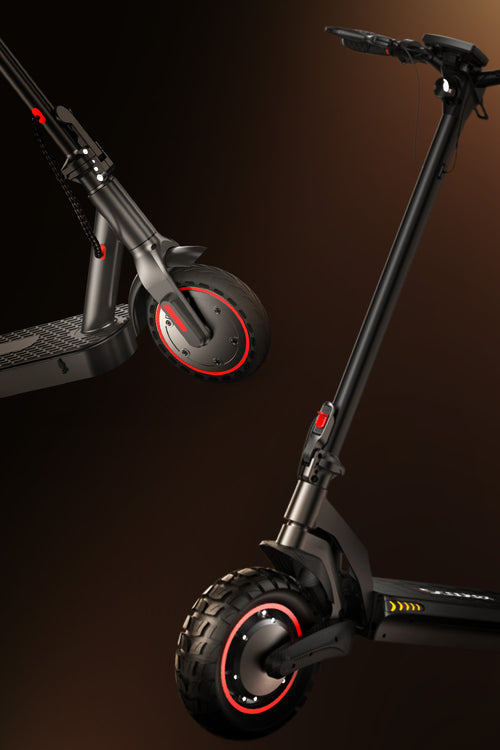
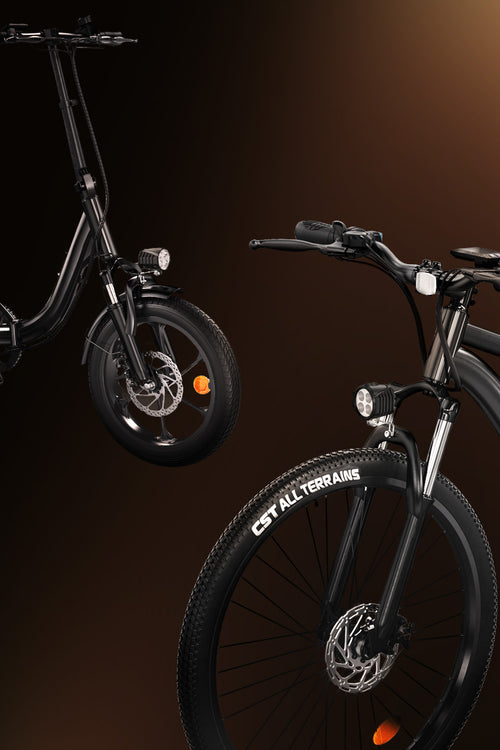
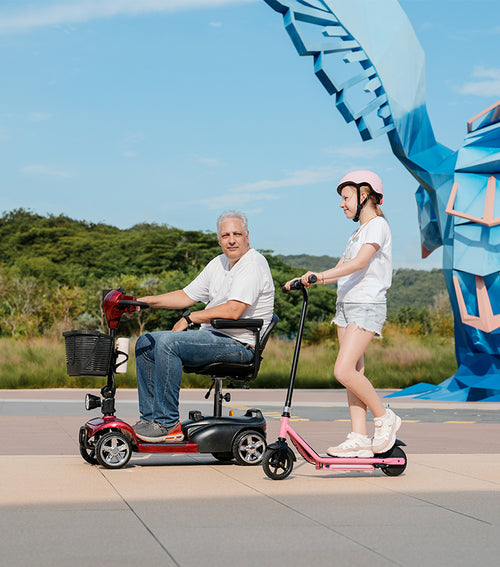









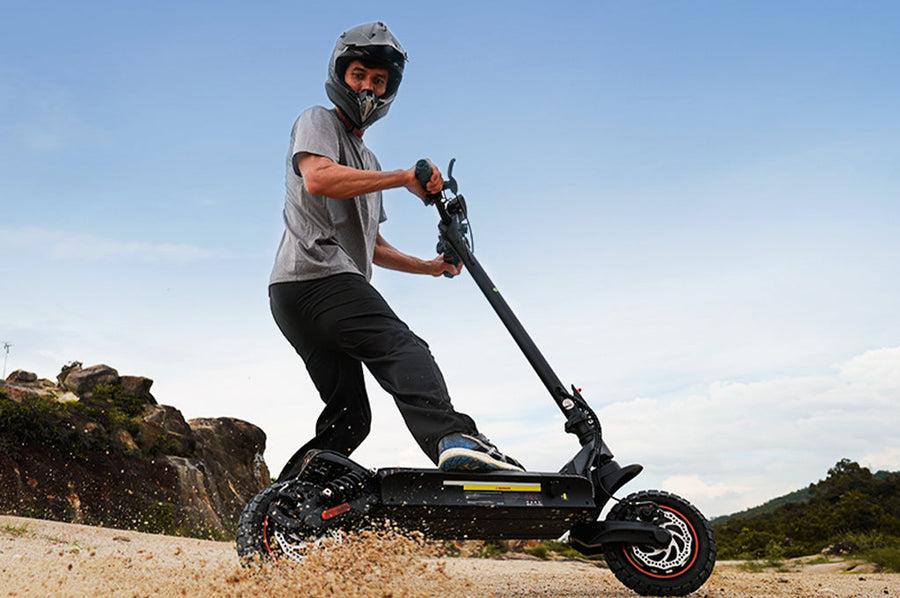



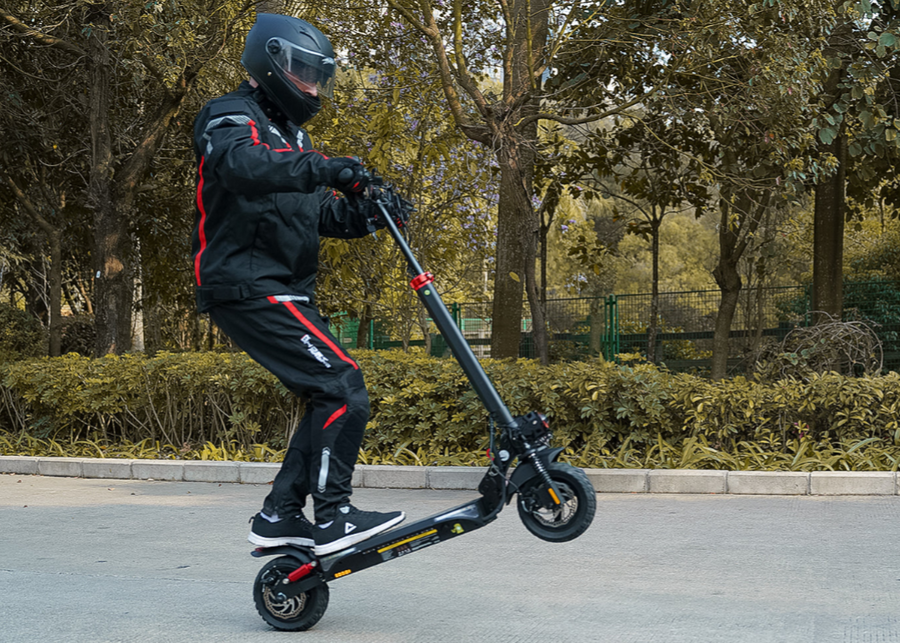
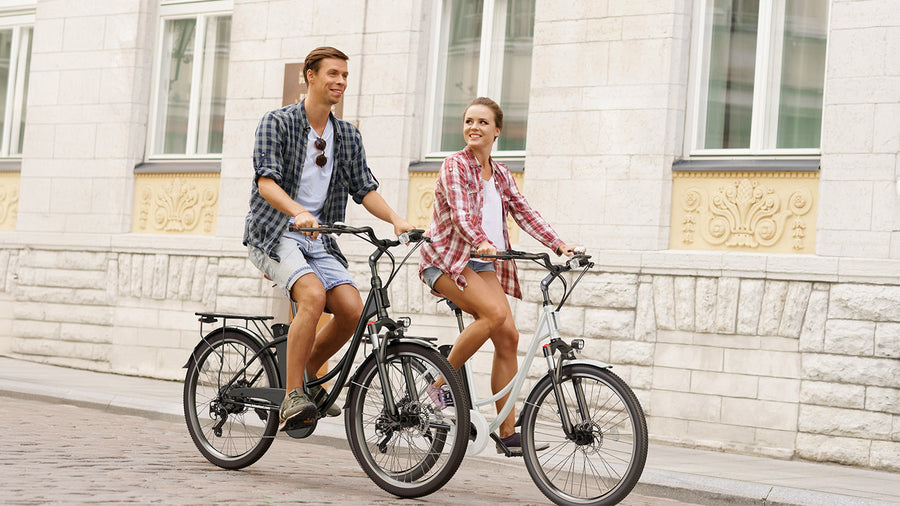
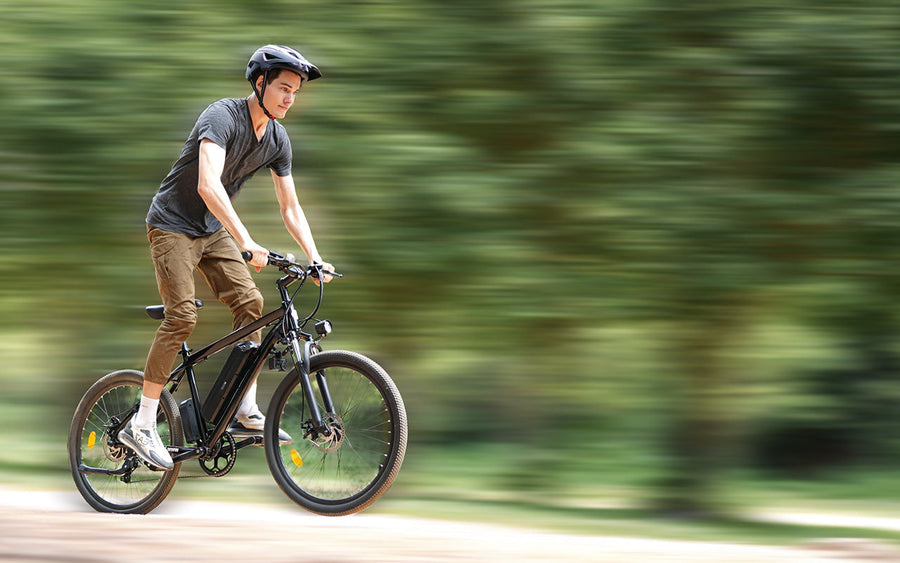
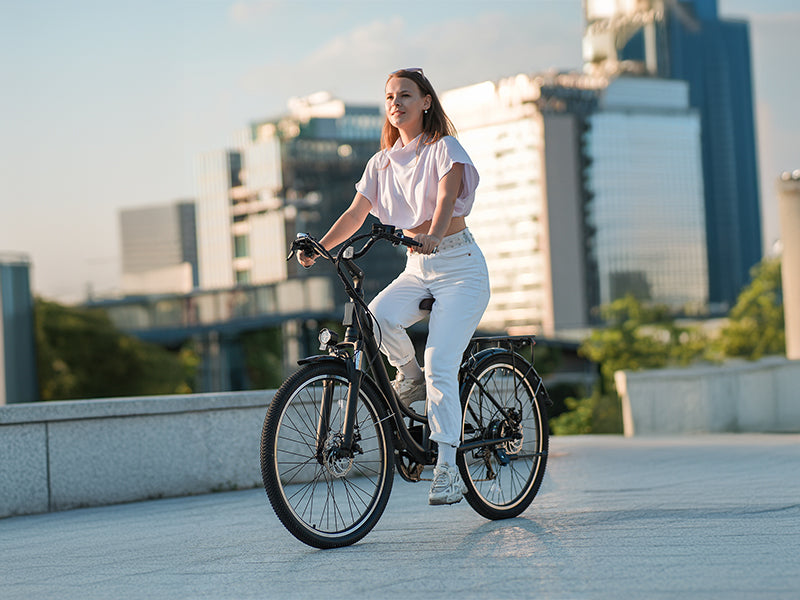
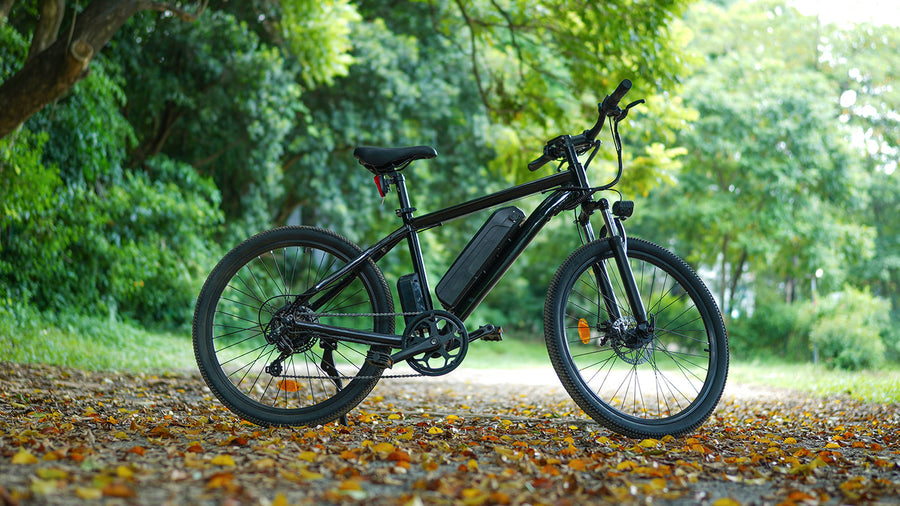
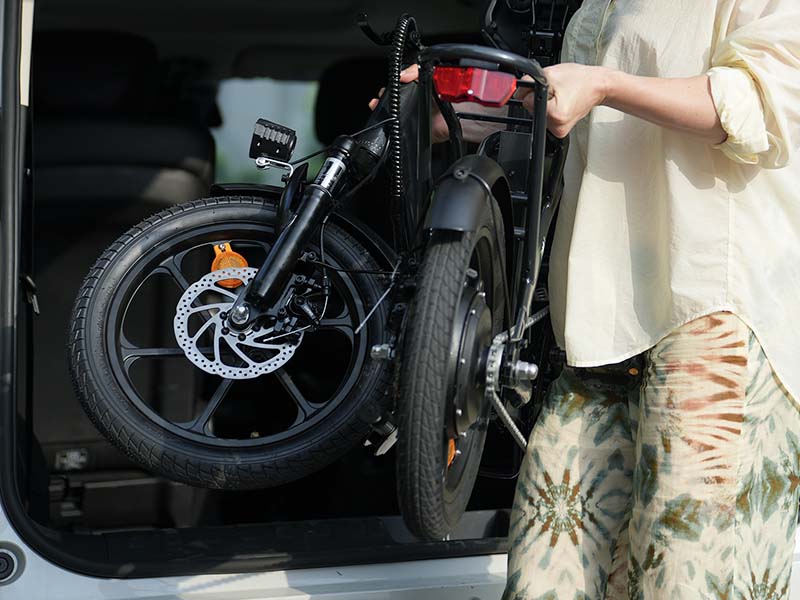
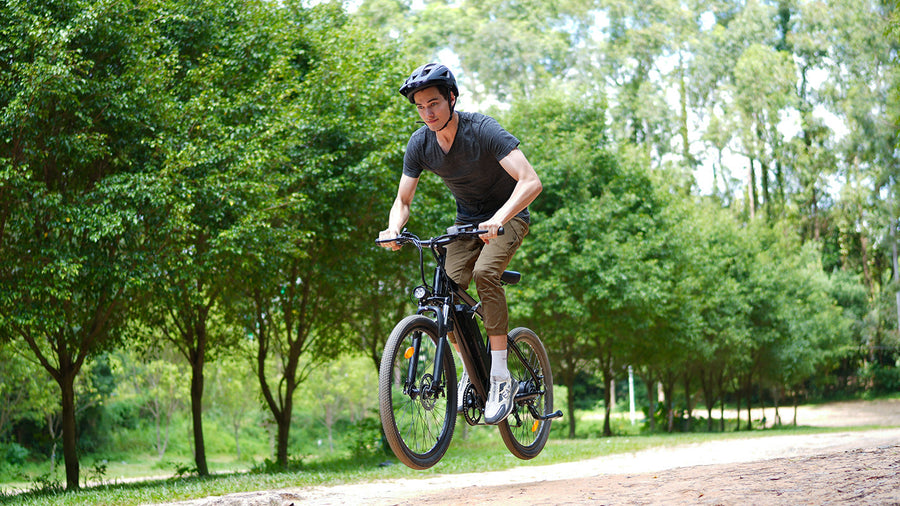









Article tags :
Leave us a message